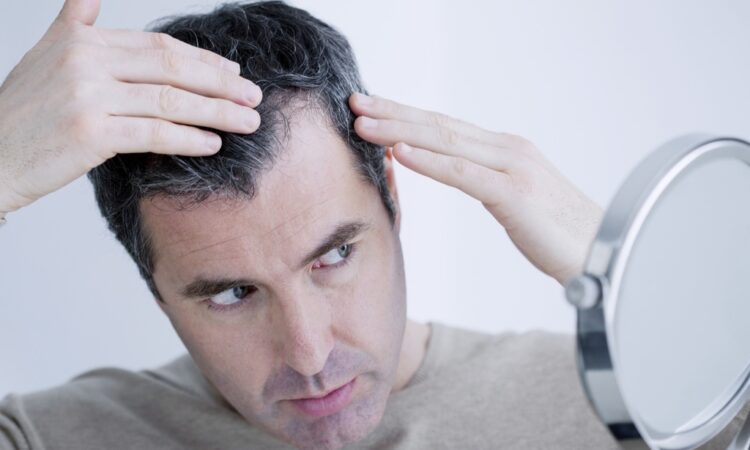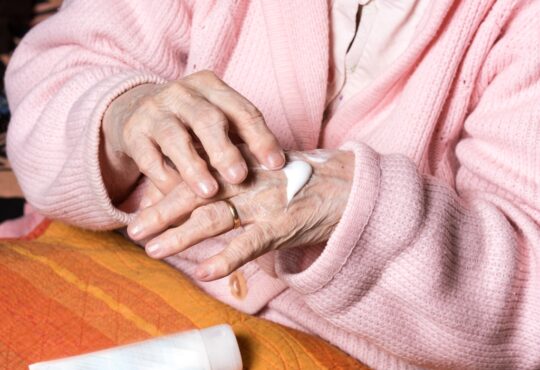
There are many speculations about whether there’s a hair loss gene. This is a common question asked by men and women who want to know more about their biological predisposition for hair loss. In this article, we will answer the question once and for all
Is There a Hair Loss Gene? Read on To Find Out.
The Hair Loss Gene Explained
Hair loss caused by heredity develops in a predictable pattern known as male pattern baldness (MPB) or female pattern baldness (FPB). MPB affects men in their 20s and 30s and shows itself as an m-shaped recession at the front of the scalp. Hair loss in the Ludwig pattern, which is a slow recession along the section of one’s hair, is common in women after menopause.
What Else Causes Balding?
A range of other variables, in addition to heredity, can contribute to hair loss in persons of any gender.
Certain Hairstyles
Tight ponytails, for example, can cause traction alopecia, a type of hair loss. It can be permanent or temporary.
Stress
Hair loss can occur due to prolonged physical or mental stress.
Nutritional Deficiencies
Not obtaining enough protein or other vital nutrients, such as zinc, can restrict hair growth.
Hormonal Changes
It leads to hair loss in women after menopause, childbirth, and pregnancy. Changes in thyroid hormone levels can cause hair loss in men and women.
Drugs & Supplements
Medications used to treat depression, heart issues, gout, high blood pressure, cancer, and arthritis can cause hair loss.
Birth Control
Discontinuing birth control medications might cause temporary hair loss.
Alopecia Areata
This is an autoimmune condition that causes patchy hair loss.
Trichotillomania
Commonly known as a hair-pulling disorder, it is a mental disease in which people feel compelled to pull out their hair.
Radiation Therapy
Hair loss is a typical side effect of radiation therapy, commonly used in cancer treatment. This hair loss is usually temporary.
Other Medical Problems
Hair loss can also be caused by medical diseases such as ringworm infections, cicatricial alopecia, and traumatic alopecia.
Regardless of gender, genetics has a significant impact on hair loss. The genetic component of baldness is still a mystery; however, several distinct genes are thought to be involved. Even though genetic hair loss is permanent, medications, laser therapy, and platelet-rich plasma injections may help stimulate hair growth in balding areas. Some people also use hair transplants to cover regions of hair loss.






